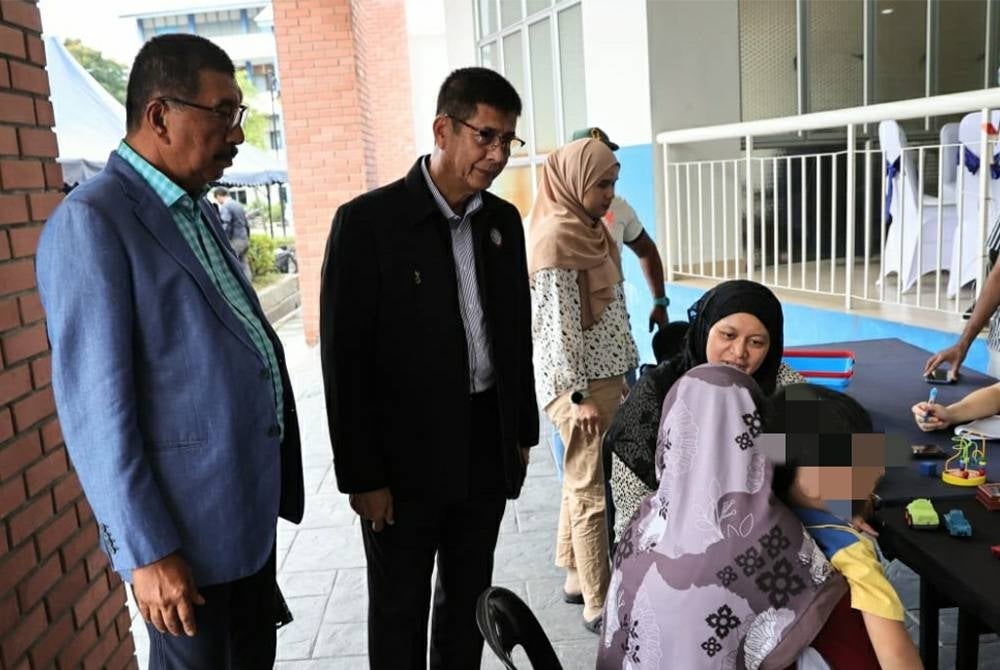Police's Autism Centre can be a reference point - Yayasan Pengaman

KUALA LUMPUR - The police’s Autism Centre can be one of the reference points for advisory services in handling matters related to autism.
Yayasan Pengaman Malaysia deputy chairman cum the centre’s management committee Tan Sri Hussin Ismail said the centre, which had operated since 2020 could provide the latest information and statistics to the police to strengthen the standard operating procedures (SOP).
“The society lacks understanding about autism.
“Autism cannot be diagnosed by physical behaviour but actually through social communications and deficit in interaction as well as repeated behaviour,” he said in the Autism Day programme themed ‘Let's Be Safe' at the Police Training Center (Pulapol) today.
Hussin said he hoped the programme would achieve its objective of educating autistic children to be more careful of their own safety and their environment.
"Hopefully, the activities carried out throughout the programme period can also foster a better relationship between the agencies involved so that they can become more considerate of the autistic community," he said.
Meanwhile, Yayasan Pengaman general manager Azura Izham said Autism Awareness Day was celebrated on April 2 every year.
"We decided to celebrate World Autism Day today because April 2 was during the month of Ramadan.
“The celebration this year is even more special as it is in cooperation with three agencies, namely the Malaysian Armed Forces Hospital, police and the Fire and Rescue Department," she said.
Azura said the centre was established not only to educate and give early intervention to children with autism.
"We also try to spread awareness among police members and the community about their role in creating a 'community inclusion' towards accepting autistic children without any discrimination," she said.
She said various inclusive programmes, such as providing educational and employment opportunities give them the chance to gain experience and learn to live in society.
"It will be easier if they are given intervention from a young age so that they can learn the skills needed for community inclusion.
"Parents also play an important role in continuing training methods for autistic children at home," she said.










